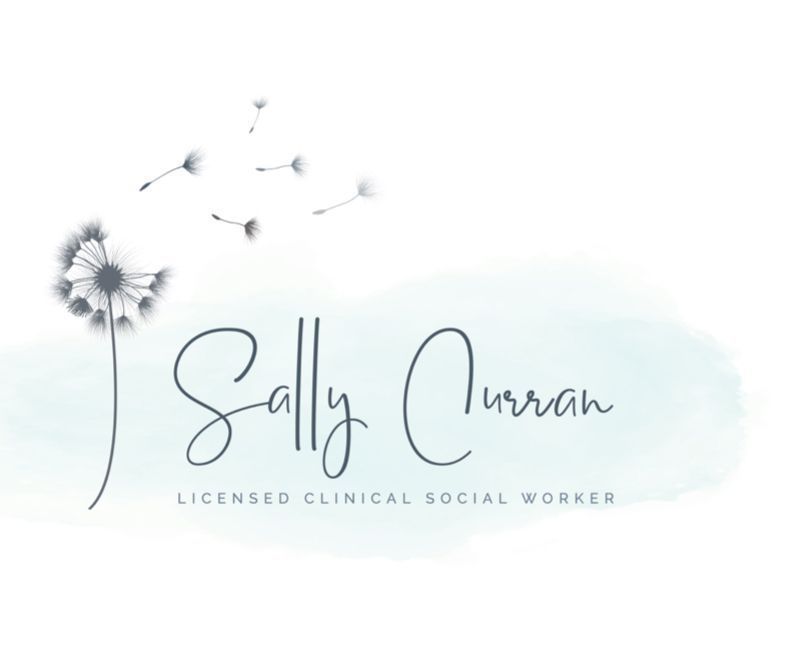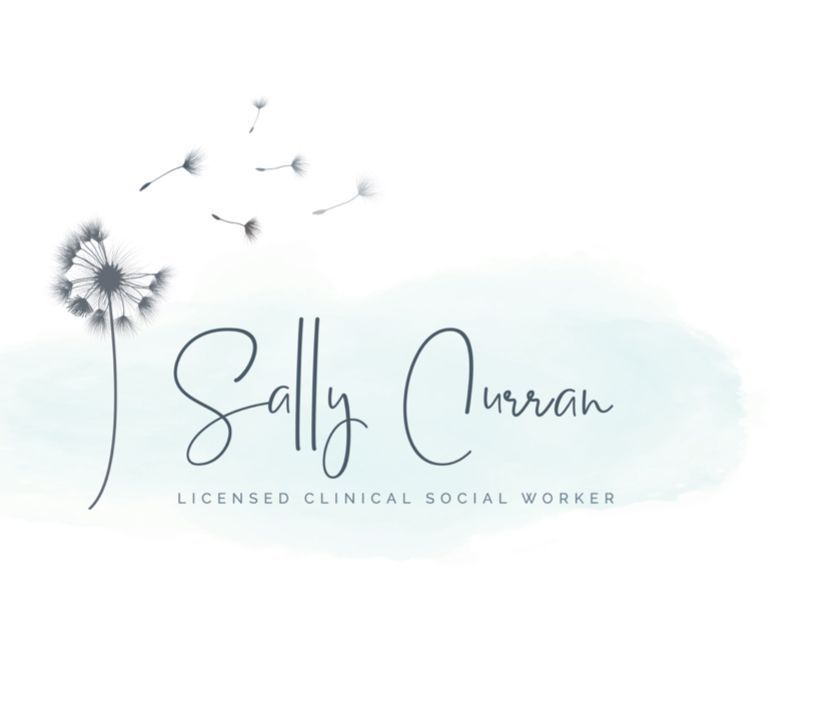Understanding Teen Depression: How It Might Look Different From Adult Depression.

Depression is often associated with feelings of sadness or a negative perspective on life, but it’s a much more complex mental health condition that impacts millions of Americans each year, regardless of age, gender, or socioeconomic background. While its effects are far-reaching, the way depression shows up in adults compared to teenagers can vary greatly. Understanding these differences is crucial, especially for caregivers or loved ones, to avoid misreading the signs and missing important chances to provide support.

Recognizing Teen Depression
Adolescence is already a tumultuous time, marked by physical, emotional, and social changes. This makes it tricky to discern normal teenage behavior from signs of depression. However, some common indicators of teen depression include:
- Irritability and Anger: Unlike the pervasive sadness often associated with adult depression, teens may express their struggles through irritability or frequent outbursts of anger. This can go beyond typical teenage mood swings. For instance, you might witness explosive outbursts, verbal confrontations, or even physical actions like punching a wall. While such episodes are challenging to experience as a caregiver, they might signal something deeper.
- Social Isolation: Teens with depression may withdraw from friends or activities they once enjoyed. However, their isolation might take a different form than in adults. Instead of avoiding all social contact, teens might retreat into the virtual world of technology, immersing themselves in video games or social media. These platforms can serve as a form of escapism, allowing them to adopt new personas or immerse themselves in adventures that feel safer than real life.
- Practicing Avoidance: Avoidance is common in both teens and adults with depression, but it often looks different for adolescents. Teens might avoid situations where they feel vulnerable, such as speaking up in class or trying out for a team. The fear of rejection often looms large, leading them to avoid taking risks altogether. For example, a teen may opt out of a sports tryout, not because of disinterest but out of fear of failure.
- Changes in Appetite and Weight: Shifts in eating habits can signal depression in both teens and adults. For adolescents, these changes might be more subtle, making them harder to detect. They might suddenly lose interest in foods they once loved or eat significantly more or less than usual. Over time, these patterns may result in noticeable weight changes.
- Changes in Academic Performance: A drop in grades or difficulty concentrating can also be a warning sign. Depression can make it hard for teens to stay focused, leading to missed assignments or declining performance.
- Physical Complaints: Depression in teens can manifest physically, with complaints of headaches, stomachaches, or other unexplained symptoms. These physical expressions might mask the emotional struggles underneath.
Why the Differences between teens and adults?
While there are overlaps between teen and adult depression, adults often exhibit symptoms in more consistent and identifiable patterns. The developmental stages and social contexts of teens and adults play a significant role in how depression manifests. Adolescents are navigating identity, peer relationships, and the pressures of academic and extracurricular demands. Their brains are still developing, particularly in areas related to emotion regulation and impulse control. Adults, on the other hand, often face stressors like financial strain, career pressures, and caregiving responsibilities. Their symptoms might align more closely with societal expectations of "burnout" or "stress," making depression easier to identify in its classic forms.
Bridging the Gap: Supporting Teens and Adults
Whether you’re supporting a teen or an adult with depression, empathy and understanding are crucial. Here are some tailored strategies:
- For Teens: Create a safe, judgment-free environment where they feel comfortable expressing themselves. Encourage open conversations and validate their feelings. Professional support, such as therapy, can provide a space where teens learn to navigate their emotions and build resilience.
- For Adults: Offer practical support, such as helping with daily tasks or providing a listening ear. Encourage them to seek therapy or consult with a healthcare professional. Adults often benefit from cognitive-behavioral techniques or medication to manage their symptoms.
Final Thoughts
In the end, the key to discerning if someone has depression—whether it’s a teen or an adult—is paying attention to patterns of behavior. A single change might not be significant, but multiple shifts over a short period could indicate a deeper issue. Understanding what depression looks like at different stages of life ensures that individuals receive the help they need.
If you’re unsure whether your teen or loved one is experiencing depression, don’t hesitate to seek guidance from a therapist. Professional support can provide clarity and direction, helping to pave the way for healing and recovery. Let’s foster understanding and compassion to help individuals of all ages navigate the path to well-being.
-Sally Curran, Licensed Clinical Social Worker

